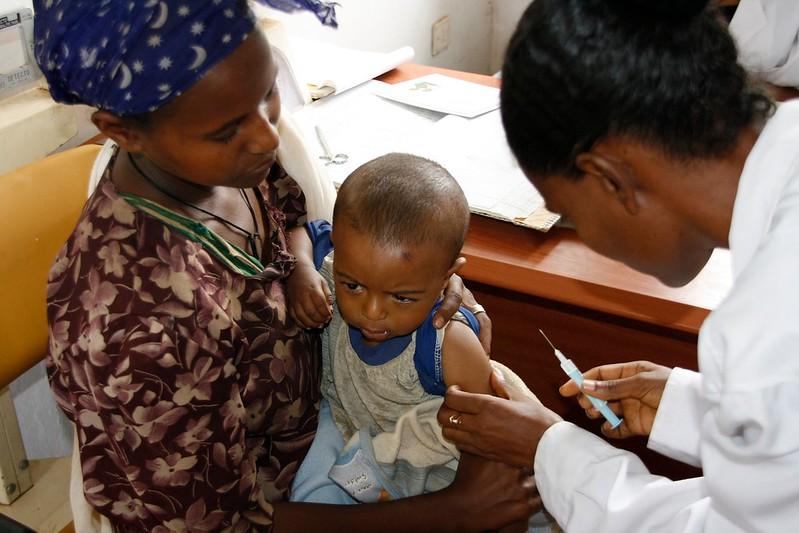
Vaccination
Why WHO recommends use of malaria vaccine in Nigeria, Ghana, Burkina Faso
The World Health Organisation, WHO, has recommended use of R21/Matrix-M vaccine, manufactured by Serum Institute of India, in Burkina Faso, Ghana and Nigeria.
The World Health Organization (WHO) has recommended a second malaria vaccine, a decision that could offer countries a cheaper and a more readily available option than the world’s first shot against the parasitic disease.
The R21/Matrix-M, developed by Britain’s Oxford University, can be used to curb the life-threatening disease spread to humans by some mosquitoes, the WHO said on Monday.
WHO Director-General Tedros Adhanom Ghebreyesus said the UN health agency was approving the new malaria vaccine based on the advice of two expert groups, recommending its use in children at risk of the disease.
“As a malaria researcher, I used to dream of the day we would have a safe and effective vaccine against malaria. Now we have two,” Tedros said.
The R21/Matrix-M vaccine is manufactured by the Serum Institute of India and has already been approved for use in Burkina Faso, Ghana and Nigeria.
The vaccine will be rolled out in those African countries in early 2024 and will be available in mid-2024 in other countries, Tedros said, adding that doses would cost from $2 to $4.
“WHO is now reviewing the vaccine for prequalification, which is WHO stamp of approval, and will enable GAVI [a global vaccine alliance] and UNICEF to buy the vaccine from manufacturers,” Tedros said.
Oxford University developed the new three-dose vaccine with help from the Serum Institute of India. Research has suggested it is more than 75 percent effective and protection is maintained for at least another year with a booster.
